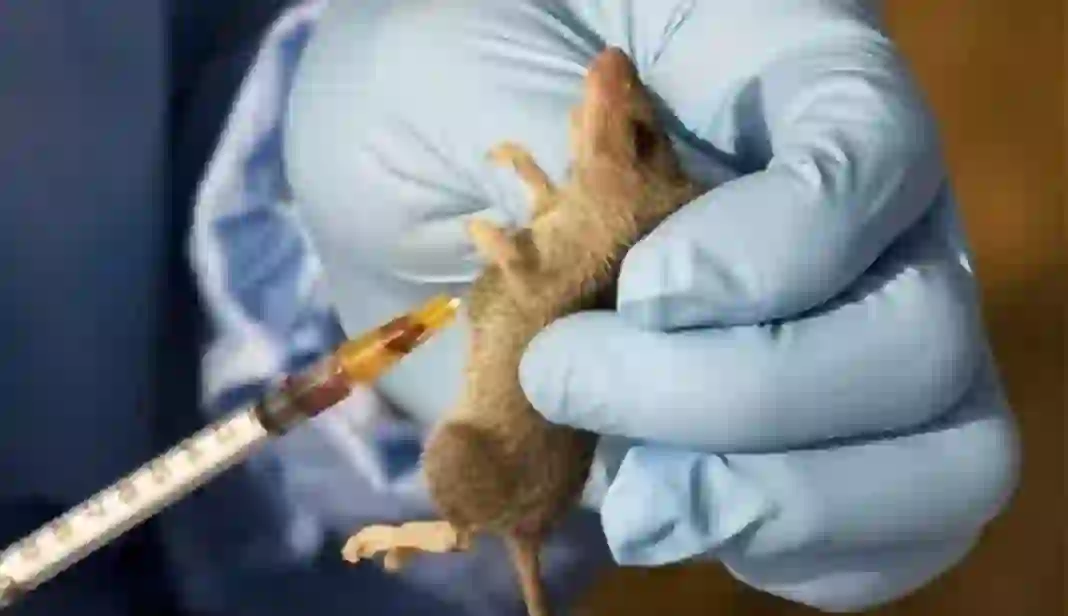The death toll from Lassa Fever outbreak has risen to 174 out of 1,035 confirmed cases as of October 13, 2024.
The Nigeria Centre for Disease Control and Prevention, NCDC, said this is the result of the figures obtained across 28 states and 129 local government areas in the country, and were derived from 8,569 suspected cases reported nationwide.
The Director General of the NCDC, Dr. Jide Idris, noted that more States were reporting cases of Lassa Fever, indicating a steady increase in the outbreak’s reach.
At a Media Briefing, Idris said: “In 2022, Nigeria reported 1,067 confirmed cases across 27 states and 112 Local Government Areas, while in 2023, 28 states and 114 Local Government Areas were affected, with 9,155 suspected cases, 1,270 confirmed cases, and 227 deaths.
“Lassa Fever, an acute viral hemorrhagic fever (VHF) caused by the Lassa virus, primarily spreads through contact with infected multimammate rats (also known as African rats), though other rodents can also act as carriers.
“We continue to see a rise in the number of states reporting Lassa fever cases, driven by improved surveillance, heightened community awareness, and environmental degradation due to climate change and harmful human activities,” he explained.
Dr. Idris reported that as of October 13, 2024, 8,569 suspected cases, 1,035 confirmed cases, and 174 deaths have been recorded across 28 states and 129 local government areas.
He highlighted the significant impact of the disease on affected communities, stating: “When heads of households are exposed to Lassa fever, they are often unable to work. The associated costs of care and treatment place a financial strain on families, pushing many toward poverty.”
He emphasized that Lassa Fever outbreaks are not only deadly but also place healthcare workers at high risk. “The loss of life from this disease is not just a statistic; it represents beloved family members, spouses, and parents. Healthcare workers are also vulnerable, and the loss of experienced medical personnel due to infection further strains the country’s limited healthcare workforce,” he added.
Discover more from The Source
Subscribe to get the latest posts sent to your email.








